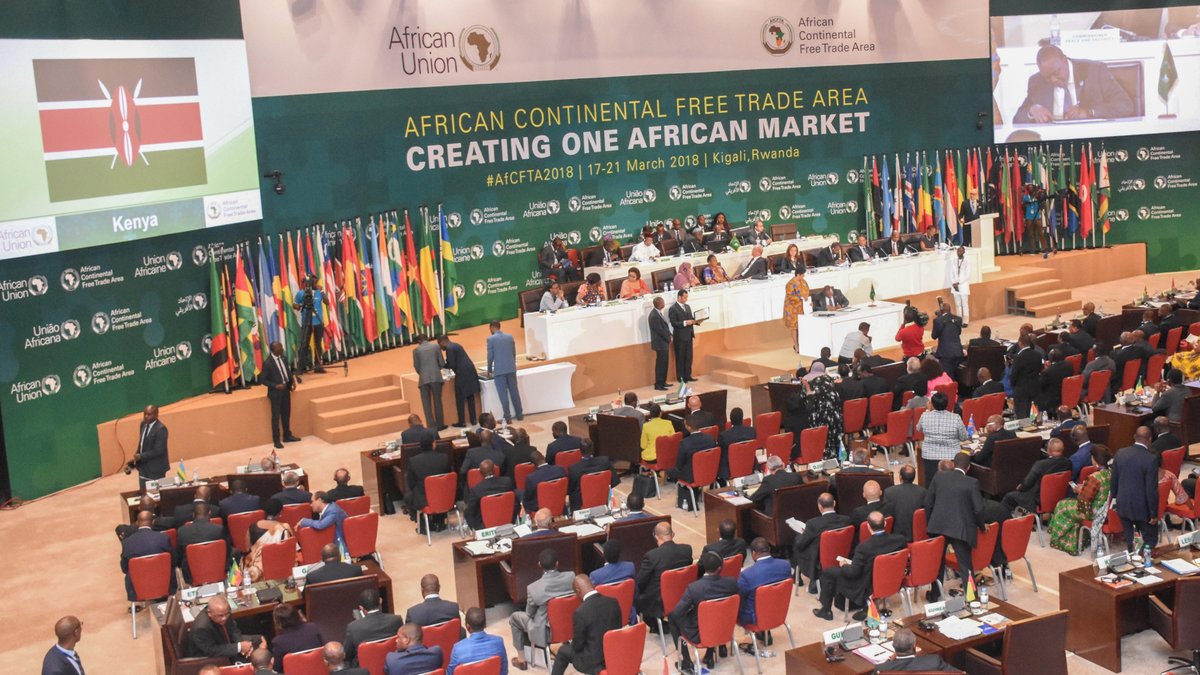Senator Iyiola Alani Omisore, former deputy Governor of Osun State has argued that many of the processes and provisioning that are done by governments and agencies of government in the name Public Private Partnership (PPP) are far from the global best practices.
Speaking as a guest at the on-going 2016 African Engineering Conference, organised by the Nigerian Society of Engineers (NSE) in Uyo, Akwa Ibom State, Omisore traced several error committed by governments in the framework stage of many failed PPP schemes.
In his presentation, titled, “Nigeria’s Infrastructure Deficit: Beyond The Limitation of Finance In Public Private Partnership and Project Procurement Options”, Dr. Omisore explained global perspectives to PPP as best approach to infrastructural development, and the parochial factors militating against its successful implementation in Nigeria.
He said before PPP became the norm, it was the arrangement by which roads, railway, electricity and water services were provided, the world over.
Omisore noted with worry that whereas, countries outside sub-regional Africa has had a major paradigm shift in public procurement, Nigeria and other countries within the sub-regional African continent, are yet to avail themselves of the opportunities and advantages in the provisions of public services and utilities, as offered by the PPP model, for their peoples, thereby expanding the scope of their socio–economic developments.
he said “While it is recognised that the PPP model has been deployed to execute a few public projects in Nigeria, its utility value has been mostly felt in Lagos state where the authorities have partnered with private sectors for design, finance and management of public utilities. Even then, the projects involved are hardly ones that can recommend themselves to a sustainable management status under an ideal PPP model.
“Outside of Lagos State, cursory survey of the infrastructure procurement by state governments is still largely tied to the old model of contract awards to private firms to execute a project designed and financed by governments. Thus, on the average, Nigeria has fared, rather poorly, especially in view of the country’s need for requisite infrastructure for nation’s potential developmental capacity”.
He posited further that “my intervention in the following submission is anchored on a very straight forward argument to the extent that, even with real needs and potential returns on investment by investors, inadequate provisions in the legal framework to sufficiently safeguard investors and financiers interest, may continue to constitute major road blocks for Nigeria at all levels of authorities in the country’s PPP drive for the much needed public procurement of utilities and services.
He said though, there seems to be shortage of investable funds in the International Market, but Nigeria crisis seems compounded by the integrity profile of our legal framework for an ideal PPP model.
According to him, “without going into the details of the shortfalls in the legal framework, as has been identified in many studies, see, for instance, Essia and Yusuf, 2013, suffice to say, however, that the Infrastructure Concession Regulatory Commission (ICRC) Act of 2005, the Public Procurement Act 2007 regulations issued by ICRC governing the PPP process and various state laws as described in each State’s PPP policies falls short of necessary regulatory framework for proper implementation of PPP projects, most importantly with respect to dispute resolution during the tenor of the contract.
‘Yet, the apex bank should make concerted efforts to offer assistance to commercial and industrial banks to enable them offer financial skills required in PPP management”
He was clearly of the view that “In Nigeria, there is a misconception of the conceptual framework of public private partnership. PPP has become a generic term to describe plethora of contractual business relationships and management indices between governments [national, state and local, including their respective agencies] and private sector- that may be promoters and financing Institution, i.e. banks.
”In some PPP model, project financiers [banks] may be part of contractual arrangement as investors, thereby part of the risk-sharing, with a view of participating in the accruing profit and also losses from such business undertakings.
“It suffices, however, that this arrangement is not popular in ideal PPP model for public procurement, as some financial regulations preclude banks from getting involved in business ventures beyond their statutory function of managing public funds, committed to the procurement of public infrastructure.
looking at some of the critical factors affecting successful implementation of PPP model, Dr. Omisore disclosed that “it is important that we do not gloss over the political and cultural issues that often constitute major disincentives to public procurement, via PPP arrangement”.
”One of the issues is absence of political will on the part of an administration to see through the policies of a previous administration.
“And because concessionaires are aware of a negative tendency by a new administration not to honour, to the lather, all the tenets of an arrangement by a departed administration, they are often inclined to speed up the commissioning of projects before the date of departure of a sitting administration, with avoidable increase in the cost of project.
He observed that except there is a determination that a PPP succeed, there are vested interests in a country, especially in a multi-faith and multi-ethnic country like Nigeria to ensure that the governments initiative to promote PPP as a policy fail.
he said PPP projects often encounter serious resistance from labour unions, civil service employees and sundry socio-economic interest groups. Also, present is the negative understanding by the general public, borne out of ignorance, on the strategic importance of PPP in a nation’s socio-economic development. Whereas, PPP, are meant to be partnership contractual arrangement between the public and private sectors of the economy, in which responsibilities, risks and obligations, are to be shared by both sides in order to guarantee the greatest benefits to the public.









